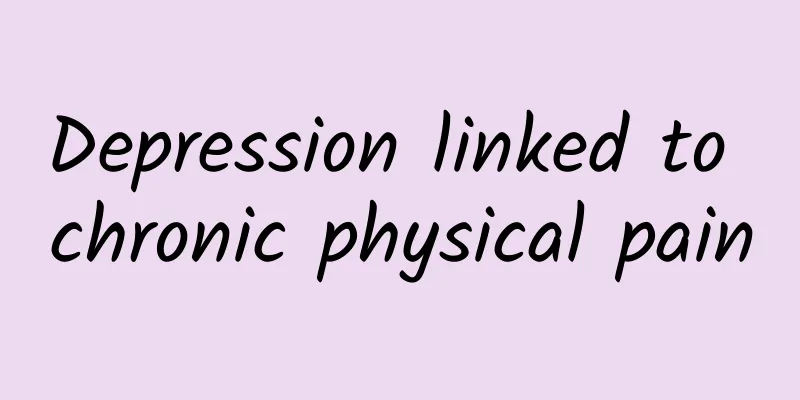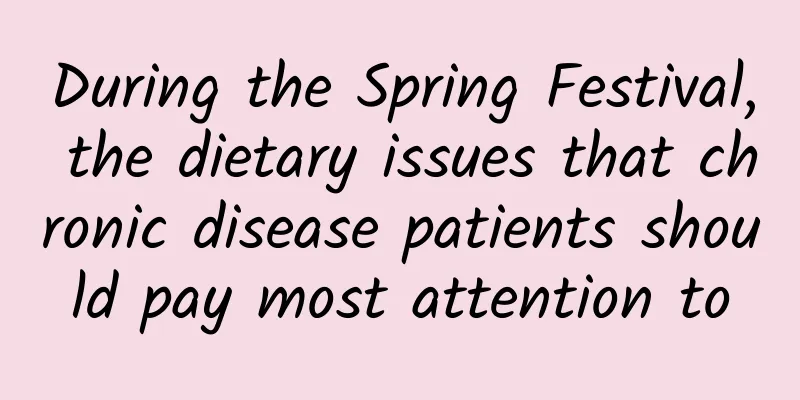Depression linked to chronic physical pain

|
In 2020, the International Association for the Study of Pain (IASP) revised the definition of pain, changing the definition that had been used for the past 41 years to: Pain is an unpleasant sensory and emotional experience associated with actual or potential tissue damage, or a similar experience. From this we can see that pain is not only a physiological sensory problem, but also a complex psychological emotional expression. Chronic pain lasts for a long time, is stubborn and difficult to cure, and some negative emotional factors gradually grow as a result, among which anxiety and depression are the most common. Today we will talk about the relationship between chronic pain and depression. What is chronic pain? What are the symptoms? The IASP defines chronic pain as pain that persists beyond normal tissue healing time (generally 1-3 months). Chronic pain can lead to disorders in neurophysiological systems, cognitive functions, behavior, cultural and social abilities, and can be accompanied by sleep disorders, school dropouts, anxiety and depression in children and adolescents. What is the connection between chronic pain and depression? Chronic pain and depression are strongly associated, and various chronic pain symptoms in the body increase the likelihood of depression. Related studies have shown that patients with chronic pain symptoms have a tendency to be depressed, and as the number of patients with pain symptoms increases, the prevalence of depression will also increase. Conversely, when the severity of depression increases, the severity of pain also increases. Although a strong correlation has been found between depression and pain, it is still unclear whether depression causes pain, but most scholars believe that pain may cause depression. In addition, chronic pain and depression overlap in many risk factors. For example, genetic factors and environmental influences may be important causes of chronic pain and depression. Why do you take antidepressants for body pain? Studies have shown that chronic pain and depression may have common neurobiological mechanisms, and that the brain structures, shared neural circuits, and neurochemicals involved in both play an important role in the formation of pain and depression. Antidepressants can affect the plasticity of the brain's reticular formation. Chronic pain may be caused by abnormal neuronal connections, so antidepressants can be used to treat chronic pain. This is also why pain doctors prescribe some antidepressants to treat chronic pain. I hope everyone Friends with depression Can be treated gently ❤ - END - The picture comes from the Internet. If there is any infringement, please inform us to delete it. Author: Bian Wenyu, Renji Hospital, Shanghai Jiao Tong University School of Medicine About the Author Clinic Hours: East Campus (No. 160 Pujian Road, Pudong New Area, Shanghai): Pain clinic all day on Monday and Thursday West Campus (No. 145, Shandong Middle Road, Huangpu District, Shanghai): Wednesday morning: Cancer pain intervention clinic Friday afternoon: Specialized clinic for herpes zoster neuralgia Friday morning: Pain clinic Funded by Shanghai Science and Technology Commission's Science Popularization Project (Project No.: 20DZ2311100) |
>>: What is Suyan Cream? Why does Suyan Cream turn you white when you apply it?
Recommend
Lumps on both breasts
Breasts are an organ that women care about very m...
Can a barren woman have her period?
Stone women refer to women who are born without v...
Pregnant women are prone to hemorrhoids. What should they do and what should they pay attention to in their diet?
Pregnancy is a very special time, because during ...
Is it normal to have more vaginal discharge before and after menstruation?
Leucorrhea is a discharge from the female vagina....
Home rehabilitation training for patients with periarthritis of shoulder
As the trend of population aging in my country be...
Postpartum heart rate is too fast and heart swelling is normal
If a pregnant woman has a fast heart rate, it is ...
What is gynecological urination pain?
Painful urination is a common physical condition ...
Can drinking milk before bed really help you sleep better? After reading this, I realized that I have been drinking it for nothing for so many years
Does drinking milk before bed help you sleep? Som...
Which tampons are best?
Many women have used sanitary napkins, so general...
Postpartum recovery and firming
After giving birth, vaginal relaxation is a big p...
Brown blood in vaginal discharge
Leucorrhea is the secretion from the female vagin...
How to diagnose and treat adnexitis
Adnexitis is a gynecological disease with a relat...
Why is the leucorrhea thick and bloody?
Many girls will find that their leucorrhea become...
What is the rapid breast enhancement method?
A proud bust will make you look good in clothes a...
A woman's ovulation period is a few days after her menstrual period
How can I know which day of the menstrual period ...









